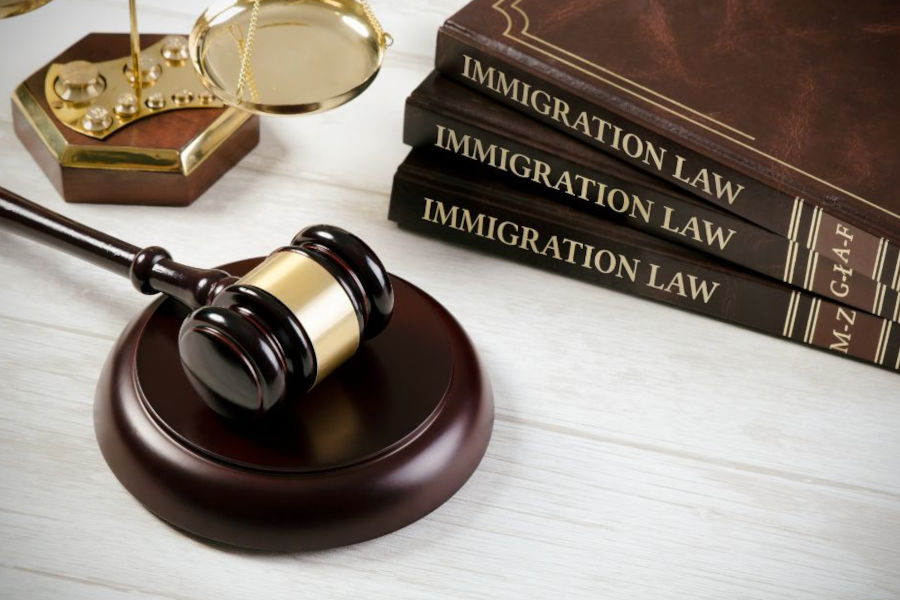When financial difficulties become overwhelming, many individuals and businesses consider bankruptcy as a potential solution. For Georgia residents facing such challenges, understanding the role of a bankruptcy lawyer in Georgia and the legal process involved can provide clarity during a stressful time. This guide explores the fundamentals of bankruptcy law, the different types of bankruptcy available, and how legal representation can help navigate this complex area of law.
What Is Bankruptcy?
Bankruptcy is a legal process that allows individuals or businesses to eliminate or restructure their debts when they can no longer meet their financial obligations. The process is governed by federal law but administered through state court systems, including Georgia’s federal bankruptcy courts. While bankruptcy provides relief from crushing debt, it also comes with significant consequences that can affect credit ratings and future financial opportunities for years.
The primary purpose of bankruptcy law is to give honest debtors a fresh start while ensuring creditors receive fair treatment. This balance between debtor relief and creditor protection forms the foundation of the American bankruptcy system.
Types of Bankruptcy in Georgia
Chapter 7 Bankruptcy
Chapter 7, often called “liquidation bankruptcy,” is the most common form of personal bankruptcy filing. In this process, a court-appointed trustee sells the debtor’s non-exempt assets to pay creditors, and most remaining debts are discharged. Georgia residents must pass a means test to qualify for Chapter 7, which compares their income to the state median income.
The entire Chapter 7 process typically takes three to six months to complete. While it offers the fastest debt relief, debtors may lose some property, though Georgia’s exemption laws protect essential assets like primary residences, vehicles, and personal belongings up to certain values.
Chapter 13 Bankruptcy
Chapter 13 bankruptcy, known as “reorganization bankruptcy,” allows debtors to keep their property while paying creditors through a court-approved repayment plan over three to five years. This option is particularly beneficial for individuals with regular income who want to save their homes from foreclosure or catch up on mortgage payments.
Unlike Chapter 7, Chapter 13 does not require liquidating assets. Instead, debtors propose a payment plan based on their disposable income, and upon successful completion, any remaining qualifying debts are discharged.
Chapter 11 Bankruptcy
Chapter 11 is primarily used by businesses seeking to reorganize their debts while continuing operations. This complex process allows companies to negotiate with creditors, modify contracts, and develop a plan to return to profitability. Some high-income individuals who exceed Chapter 13 debt limits may also file under Chapter 11.
The Role of a Bankruptcy Lawyer in Georgia
Navigating bankruptcy law requires expertise in federal regulations, state exemptions, and local court procedures. A qualified bankruptcy lawyer in Georgia provides essential guidance throughout this complex process.
Legal Assessment and Strategy
An experienced attorney evaluates each client’s financial situation to determine the most appropriate type of bankruptcy filing. This assessment includes analyzing income, assets, debts, and long-term financial goals to develop an effective strategy. The lawyer also advises whether alternatives to bankruptcy, such as debt negotiation or credit counseling, might be more suitable.
Document Preparation and Filing
Bankruptcy petitions require extensive documentation, including detailed financial statements, tax returns, and creditor lists. Errors or omissions can delay the process or result in case dismissal. A bankruptcy lawyer ensures all paperwork is accurately completed and filed within required deadlines.
Court Representation
While some bankruptcy proceedings are routine, complications can arise that require legal expertise. Attorneys represent clients during creditor meetings, court hearings, and any challenges to the bankruptcy filing. They also handle communications with trustees and creditors on behalf of their clients.
Protection of Rights and Assets
Georgia’s bankruptcy exemption laws allow debtors to protect certain assets from liquidation. A knowledgeable attorney maximizes these exemptions to help clients retain as much property as possible while still achieving debt relief.
The Bankruptcy Process in Georgia
The bankruptcy process begins with filing a petition in the appropriate federal bankruptcy court. Georgia has three federal bankruptcy courts located in Atlanta, Macon, and Columbus, serving the Northern, Middle, and Southern districts respectively.
After filing, an automatic stay immediately stops most collection activities, providing immediate relief from creditor harassment, wage garnishments, and foreclosure proceedings. Debtors must attend a meeting of creditors, where they answer questions about their finances under oath.
For Chapter 7 cases, the trustee liquidates non-exempt assets and distributes proceeds to creditors. Chapter 13 debtors begin making payments according to their approved plan. Upon successful completion of all requirements, the court issues a discharge order, eliminating the legal obligation to pay discharged debts.
Key Considerations Before Filing
Before proceeding with bankruptcy, individuals should consider the long-term implications. Bankruptcy remains on credit reports for seven to ten years, potentially affecting the ability to obtain loans, mortgages, or even employment. Additionally, not all debts are dischargeable, including most student loans, recent tax obligations, and domestic support obligations.
Credit counseling is required before filing, and debtor education courses must be completed before discharge. These requirements help ensure that debtors understand the consequences and alternatives to bankruptcy.
Conclusion
Bankruptcy law provides a vital safety net for individuals and businesses facing insurmountable debt. While the process can be complex, working with an experienced bankruptcy lawyer in Georgia ensures that debtors understand their options, protect their rights, and achieve the best possible outcome. The decision to file bankruptcy should not be taken lightly, but for those who qualify and need genuine debt relief, it can provide the fresh start necessary to rebuild financial stability. Understanding the available options and seeking qualified legal guidance are essential first steps toward resolving overwhelming financial difficulties.

